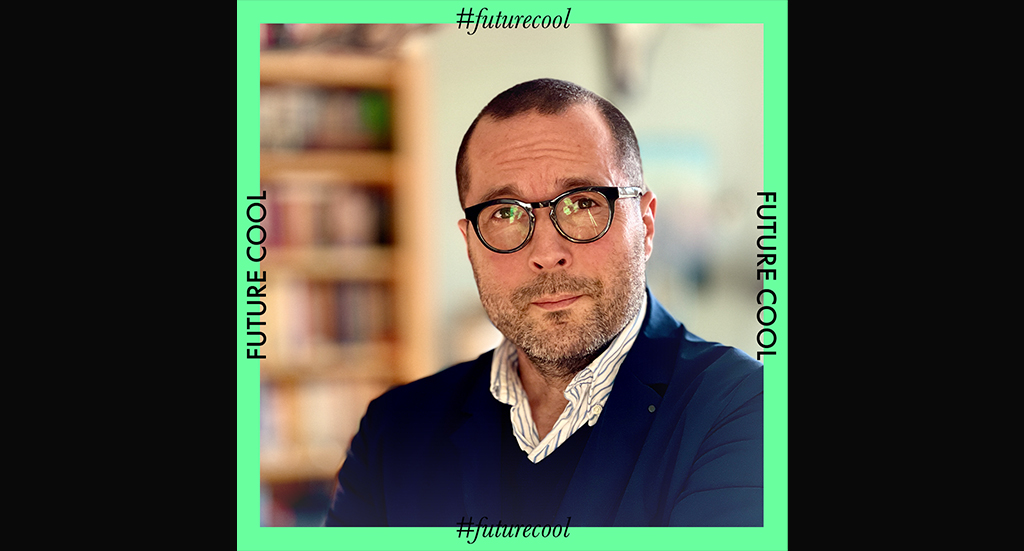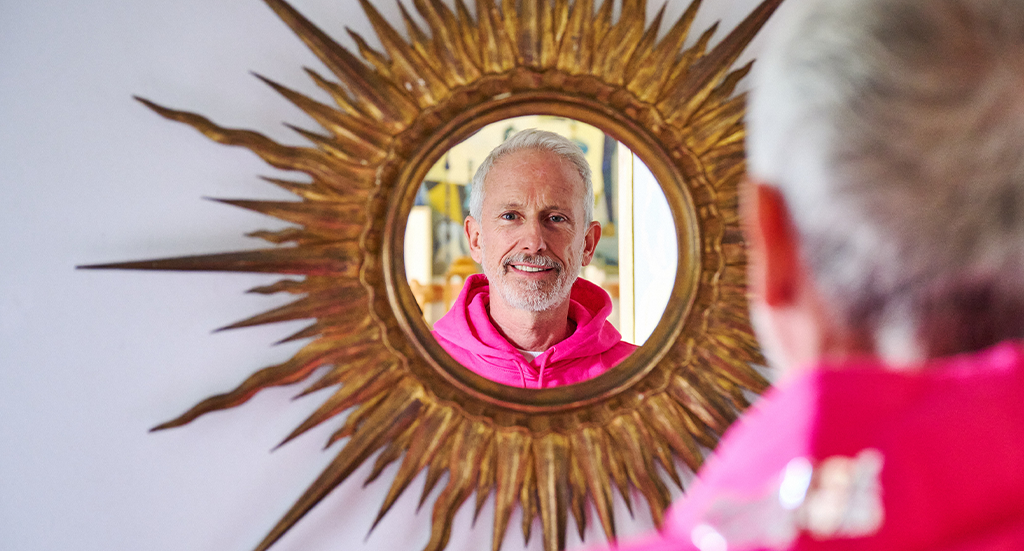Future Cool
Spend your money & shape our future
Spend your money & shape our future


Did I mention that “How to spend it” is my favourite Financial Times supplement? No? Well, the truth always comes out at some point. First of all, I love the title! I think it’s brilliant to treat a financial title, which is almost all about “making money”, to such a supplement. I even ask myself: shouldn’t we all ask ourselves this much more often?
What and how do we spend our money for the future? For products? For investments? For the climate? For renewal? For social justice? For luxury? For design? For politics? For economy? For science? For the preservation of power? For liberalisation? For us? For others? I mean, honestly: what should we spend our money on if we want to shape the future?
If you could choose one single point? What would that be? And ask yourself this question twice: once with the greatest possible sense for our planet that you can think of – and once quite honestly with yourself! In other words, what you really want for your own selfish sake. Are there overlaps? Or are they two completely different investments?

For most people, myself included, there are two completely different investments in the future. One is global social justice (even if it is difficult to find a real link here, I would support micro-farmers in Africa) and the other is a new cooker, because my wife and I have wanted one for 25 years, ever since we got married.
I have increasingly made a habit of combining the two. So, we bought the cooker, and at the same time we are involved in the United Nations World Food Program, in which micro-farmers are becoming part of the global economic system again through intelligent logistics systems and crypto-money cycles. Both have to do with food. Both change the future in a positive way: once mine and once that of other people.

In the case of friends of ours, they were supporting the rights of women in Afghanistan and finally taking a holiday after 4 years of constant stress. In both cases, it is about freedom and our friends have made it possible through direct contacts to three families with the help of old smartphones, that a total of 11 girls can take part in distance learning courses (unfortunately only according to the limited functionality of the mobile network, but still it’s happening, albeit with restrictions).
So, it works. You can change the future with a little thought and a little effort. One’s own future and that of others. Now you can’t do that for every decision in your life. But you can do it for big ones. And maybe companies could do it too? Not always, but more and more often?
In the long run, I am sure it will pay off. And it won’t take that long. Just imagine: all people, companies, organisations, politicians resolve to change the future just once a week. To think consciously once a week: for themselves, their own living environment and at the same time another that benefits the entirety of people on this planet.

By the way, the digital is perfectly suited for this. It makes such effects increasingly transparent. In future, we will be able to see which companies, states, etc. have which “impact” on themselves and the world. And, no FutureCool column without technology: just imagine you could read your actions on your wrist. You can see how the pointer on your app moves into the green or red. Sure, that’s possible. But before we get lost in the technicalities here: isn’t the idea just brilliant?
We change our future positively and that of other people at the same time. Like this or vice versa. What kind of world view will emerge from this if companies, states, organisations and public figures demonstrate this? When it’s no longer just about “how to earn it”, but also “how to spend it”?
Invest well in the future! In your own and others’ – how to spend it! It is worth it!






Join our Community